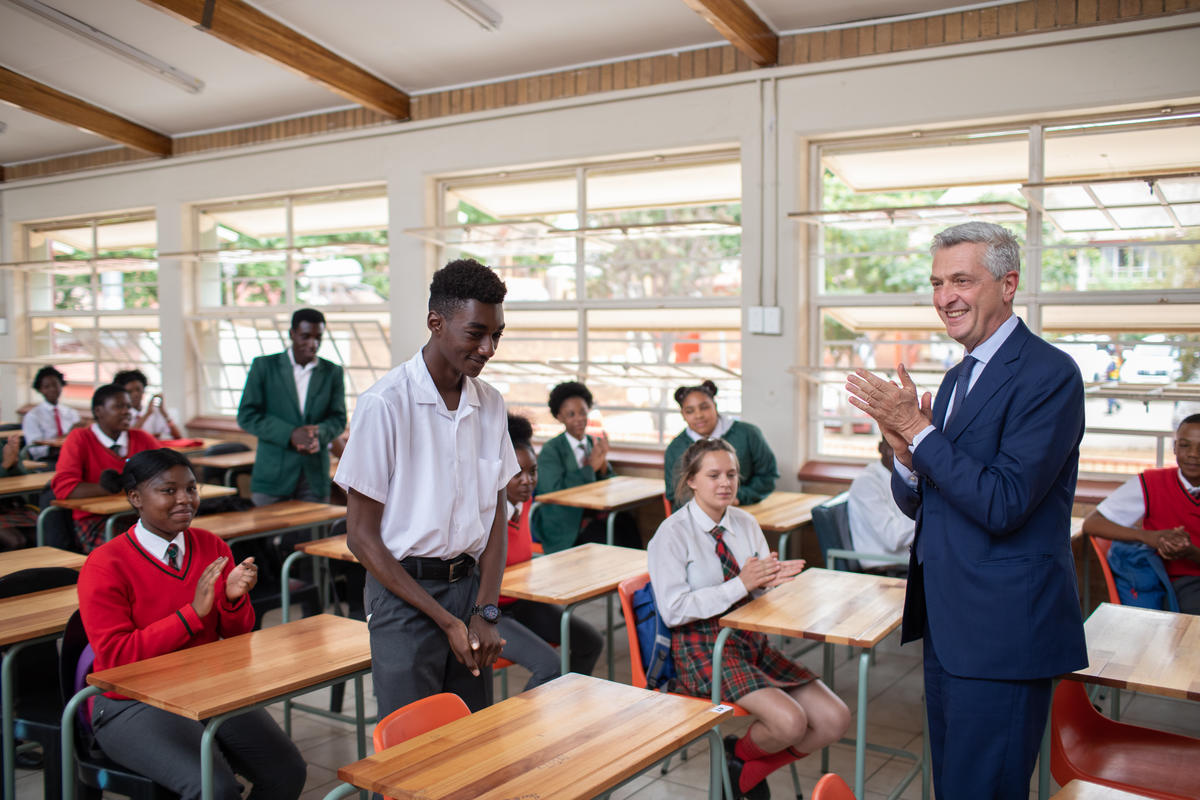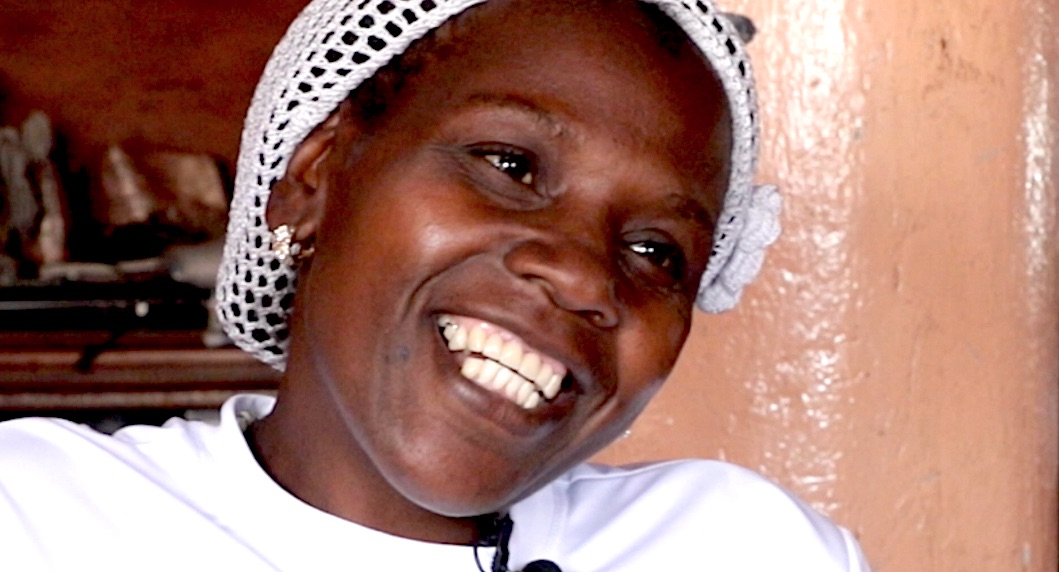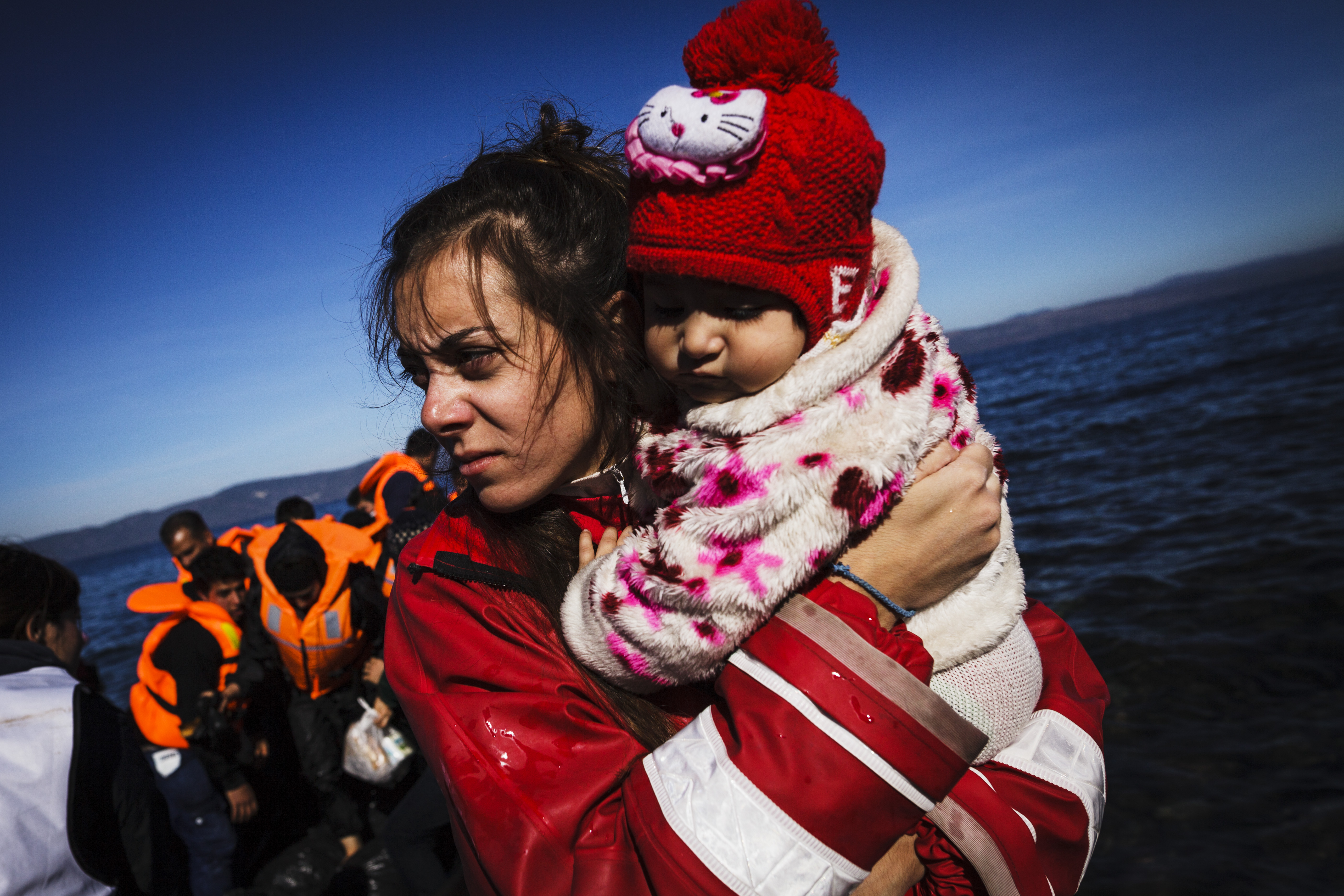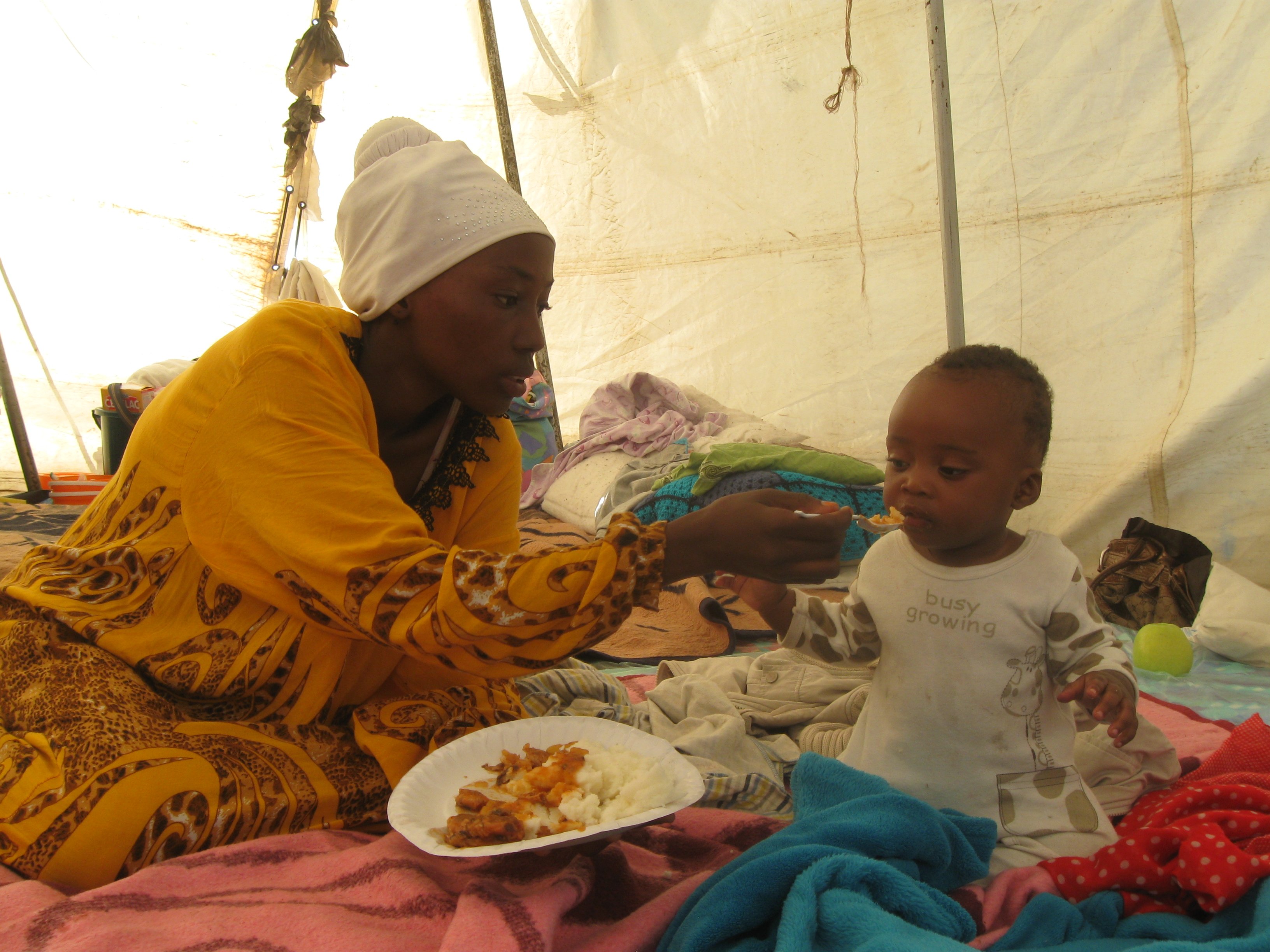South Africa takes practical steps to combat xenophobia
South Africa takes practical steps to combat xenophobia

PORT ELIZABETH, South Africa, 2 August (UNHCR) - Muslah Ahmed, a Somali asylum seeker, had been in South Africa's KwaNobuhle Township barely a week when he became the victim of an attack that left him burnt, disfigured and severely traumatized. On 1 July 2007, he and three of his countrymen were set alight for making a citizen's arrest on a thief in their store.
KwaNobuhle Township, situated some 30 kilometres outside the coastal city of Port Elizabeth, received notoriety in 2001 for looting and expelling Somali refugee traders. At that time, the incident made headlines. This time, the gruesome event received barely a mention in the media, making it appear almost commonplace and acceptable.
"How can that be?" queries Cassim Alli, who had been called to the burning shop by a terrified Ahmed. He is a representative of the Somali Association of South Africa, which says that since 1997 close to one hundred Somalis have been maimed or lost their lives in similar incidences.
"Are we so despised that because I sell a loaf of bread a little cheaper than my competitor I must be punished for it with my life?" Alli asked.
The situation has sufficiently alarmed South Africa's leaders that they are now looking for ways to move beyond verbal calls for tolerance of refugees to finding ways to promote integration and co-existence.
"Many people in South Africa are xenophobic because they have so little themselves," says Professor Shadrack Gutto, head of the UNISA Centre for African Renaissance Studies. "The arrival of refugees and migrants just continues to swell the ranks of the country's disadvantaged."
A researcher who compiled a report entitled "A Bridge Building Process between Somali and Local Traders in Fish Hoek, Cape Town" for the Office of the Premier of the Western Cape, found local traders and their Somali counterparts had common denominators. They have a shared identity because the political and social instability of apartheid and the conflict in Somalia have disadvantaged both groups. They, however, also make up the ranks of the marginalized who are trying whatever they can to survive.
"The continued disadvantage of this sector of society leaves the oppressed fighting each other," explains Gutto. "With the little that is available, this conflict is bound to continue or become worse if nothing is done speedily," predicts Gutto.
In this context, the Department of Home Affairs (DHA), the South African Human Rights Commission (SAHRC), the Nelson Mandela Bay Metropolitan Municipality (NMBMM) where these incidences took place, and the UN refugee agency used this year's World Refugee Day as a platform to raise awareness.
Home Affairs Minister, Nosiviwe Mapisa-Nqakula roundly condemned the attacks, reminding the audience of South Africa's history. And the premier of the Province of the Eastern Cape, Nosimo Balindlela, pledged over $140,000 towards promoting refugee integration in the province.
While the increasing visibility of South Africa's political leaders opposing xenophobia is welcome, it is also acknowledged that more action is needed. Information on the plight, rights and obligations of refugees remains fundamental to the public awareness initiatives of the UNHCR-funded Roll Back Xenophobia campaign and related organisations, but it has become increasingly clear that empathy fatigue has set in.
An elderly business owner, who had become unemployed recently, informed an audience including the DHA, SAHRC and UNHCR - to loud applause - that he could not feed his family on the rights of refugees if the same refugees were taking the food out of his mouth.
With this potentially explosive situation, and following commitments made at World Refugee Day, Mapisa-Nqakula has approved a strategy for the local integration of refugees and asylum seekers prepared by the Refugee Affairs Directorate of the DHA. The next step is a pilot project in the Eastern and Western Cape provinces where xenophobic incidences have increased sharply over the last two years.
Using the SAHRC and UNHCR to support this initiative, the DHA is engaged in ongoing discussions with the NMBMM and the provincial government of the Eastern Cape on a plan of action.
The plan will address in very practical terms issues of conflict resolution, such as including elected Somali refugees in community leadership, involving Somali refugees in local business organizations and providing basic business skills training.
The plan of action will be presented to the premier of the Eastern Cape and the mayor of the NMBMM in late September. It is envisaged that the money pledged by the premier on World Refugee Day will provide the financial resources to implement the refugee integration strategy.
Through this strategy it is hoped that attacks on refugees, such as this month's assault on Muslah Ahmed, will become a thing of the past, replaced by productive entrepreneurship and an environment of mutual respect for human life and dignity.
By Pumla Rulashe in Port Elizabeth, South Africa








